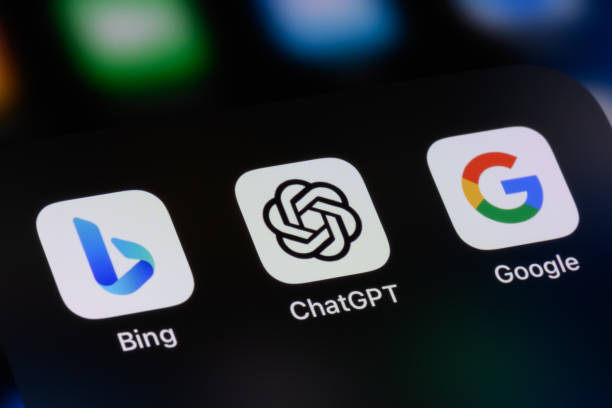The way people search online has dramatically shifted. With AI engines like ChatGPT, Google AI, Bing AI, Claude, and Perplexity rising in popularity, users now rely on curated, intelligent responses rather than long lists of links. For businesses, this means adopting AI search optimization is no longer optional—it’s essential. By aligning content with the needs of AI-driven platforms, brands can secure higher visibility, stronger credibility, and long-lasting digital authority.
What Makes AI Search Optimization Different
Traditional SEO emphasizes keywords, backlinks, and technical adjustments. AI search optimization, however, focuses on clarity, structure, and trust signals. AI engines don’t just look for keyword matches; they analyze context, readability, and authority. They prioritize sources that deliver structured, citation-worthy, and user-friendly information.
The Rise of AI as a Discovery Tool
People increasingly treat AI engines as trusted advisors. Whether researching, shopping, or learning, users now prefer concise summaries generated by intelligent platforms. Being featured in these results positions businesses as leaders, giving them a competitive edge over those still relying solely on conventional SEO.
Strategies for AI Search Optimization
To succeed in the AI-driven era, businesses must:
- Restructure content for clarity, using subheadings, lists, and concise paragraphs.
- Enhance credibility with citations, references, and accurate data.
- Address context by answering related queries within the same piece.
- Improve accessibility with conversational and easy-to-read language.
The Benefits of Adopting AI Search Optimization
Brands that invest in AI optimization gain:
- More frequent mentions and citations in AI-generated answers.
- Higher visibility across multiple intelligent platforms.
- Improved user trust through authoritative and reliable content.
- Future-proof strategies that evolve with changing technology.
Leveraging Real-Time Optimization Tools
One of the biggest advantages today is access to tools that provide instant content feedback. These tools highlight missing citations, suggest clearer structures, and recommend ways to make information more AI-friendly. Implementing these updates immediately ensures content remains relevant and competitive.
Updating Legacy Content for AI Discovery
AI search optimization isn’t limited to new materials. Existing articles, blogs, and web pages can be transformed to meet modern standards. By restructuring and enriching older content with references and improved clarity, businesses can unlock new visibility without creating everything from scratch.
Authority and Trust as Core Ranking Factors
AI engines want to recommend content that is reliable and authoritative. Building authority requires consistent, fact-based publishing supported by data and credible references. Businesses that maintain these trust signals are more likely to dominate AI-driven recommendations.
Preparing for the Next Era of Search
The rise of AI search is only beginning. Companies that adopt AI search optimization now will lead the way as traditional methods become less effective. Staying ahead requires continuous adaptation, investment in AI-focused tools, and a commitment to delivering reliable content.
Conclusion
AI search optimization is transforming the digital landscape. By aligning with the preferences of ChatGPT, Google AI, Bing AI, Claude, and Perplexity, businesses ensure they remain discoverable and credible. The future of online visibility lies in AI-driven discovery, and those who embrace optimization today will enjoy lasting success.

